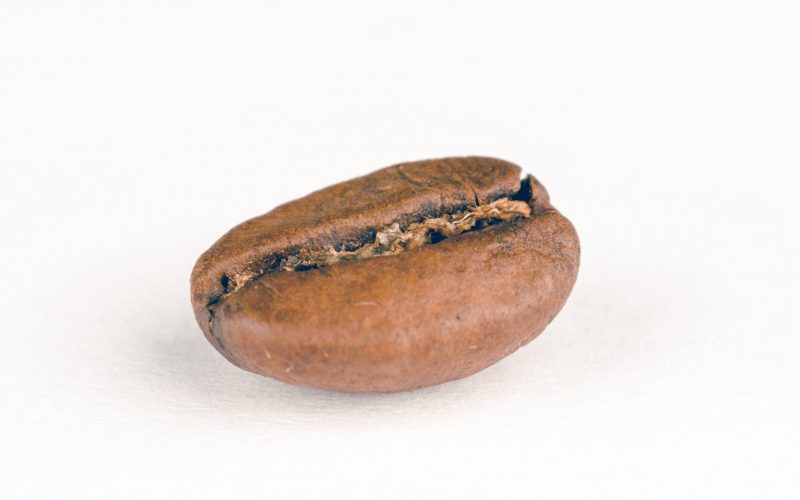Episode 28. Extra! Extra! JMS Delivering Messages to your App! Extra! Extra!
Episode 28. Extra! Extra! JMS Delivering Messages to your App! Extra! Extra! —-
Java Message Service (or JMS for short) is a collection of APIs and implementations that allows you to send “messages” across your applcation. But why is it so popular?, and what exactly is it trying to solve (what is a message anyways)? In this episode, we take our bycicle, and trace the delivery route of JMS to figure out the good, and avoid some JMS potholes along the way, making for a smooth message delivery experience!
Beer of the Episode: Leinenkugel’s Summer Shandy
|~|P |~|P |~|P |~|P |~|P |~|P |~|P Leinenkugel's Summer Shandy
|_| |_| |_| |_| |_| |_| |_|
It’s SUMMER! If you like what you hear, DEFINITIVELY, treat me a beer ! 🙂 (It’s the Java pub house after all 🙂 https://www.paypal.com/cgi-bin/webscr?cmd=_s-xclick&hosted_button_id=Z8V2ZWV93UMW4
|~|P |~|P |~|P |~|P |~|P |~|P |~|P Leinenkugel's Summer Shandy
|_| |_| |_| |_| |_| |_| |_|
Tweet, Tweet! (https://twitter.com/#!/fguime)
Enterprise Integration Patterns http://www.amazon.com/Enterprise-Integration-Patterns-Designing-Deploying/dp/0321200683
Intro to JMS Conceptshttp://docs.oracle.com/javaee/1.3/jms/tutorial/1_3_1-fcs/doc/basics.html
Apache ActiveMQ http://activemq.apache.org/
ActiveMQ Language Clients (ActionScript, Ajax, C, C++, C#, .Net, Delphi, Erlang, Flash, Haskell, Javascript, Perl, PHP, Pike, Python, Ruby, Smalltalk, Websockets) http://activemq.apache.org/cross-language-clients.html
RabbitMQ http://www.rabbitmq.com/
JMS Description and Implementation http://en.wikipedia.org/wiki/Java_Message_Service
Embed ActiveMQ Broker in code http://activemq.apache.org/how-do-i-embed-a-broker-inside-a-connection.html
JMS Tutorial http://docs.oracle.com/javaee/1.4/tutorial/doc/JMS.html#wp84181
Vote for us in iTunes (http://itunes.apple.com/us/podcast/java-pub-house/id467641329)
Questions, feedback or comments! comments@javapubhouse.com
Subscribe to our podcast! (http://javapubhouse.libsyn.com/rss)
ITunes link (http://itunes.apple.com/us/podcast/java-pub-house/id467641329)
Java 7 Recipes book! (http://www.amazon.com/gp/product/1430240563/ref=as_li_ss_il?ie=UTF8&tag=meq-20&linkCode=as2&camp=1789&creative=390957&creativeASIN=1430240563)
Hey! if you like what you hear, treat me a beer! (It’s the Java pub house after all 🙂 https://www.paypal.com/cgi-bin/webscr?cmd=_s-xclick&hosted_button_id=Z8V2ZWV93UMW4











Recent Comments